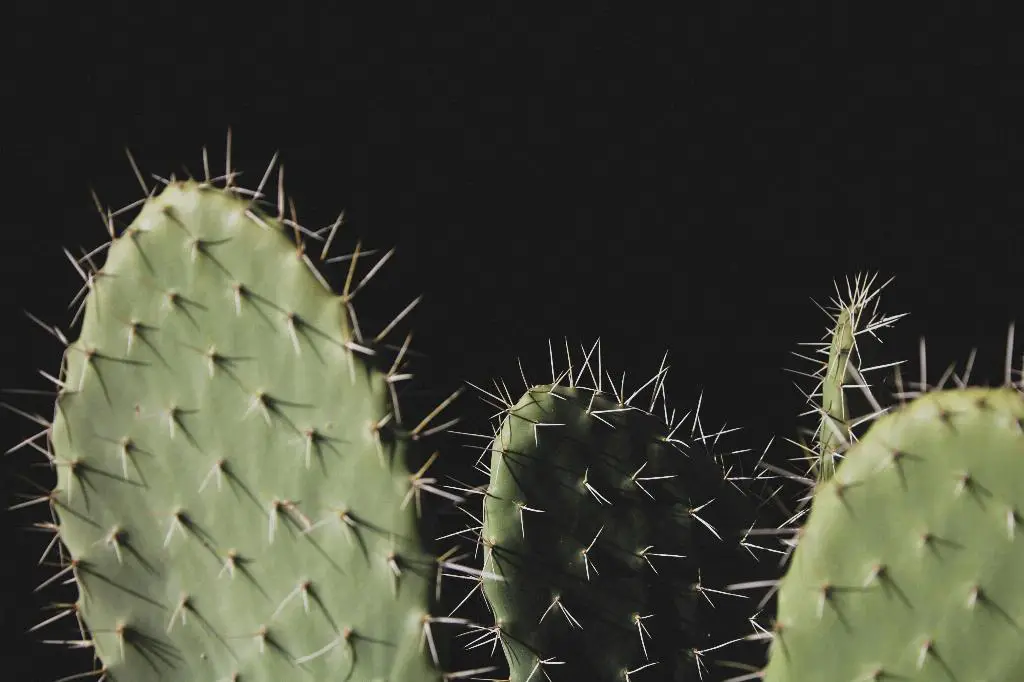When it comes to the safety of our beloved furry companions, it’s essential to understand the potential risks associated with various houseplants. One common query that often arises during the festive season is whether Christmas cactus plants pose a threat to dogs. Let’s delve into this topic to shed light on the impact of these vibrant plants on our canine friends.
Understanding the Christmas Cactus Plant
The Christmas cactus, scientifically known as Schlumbergera bridgesii, is a popular houseplant cherished for its beautiful blooms that add a touch of elegance to indoor spaces, especially during the holiday season. Despite its festive appeal, pet owners may wonder about the potential dangers it poses to their four-legged companions.
Non-Toxic Nature of Christmas Cactus
According to the American Society for the Prevention of Cruelty to Animals (ASPCA), Christmas cactus plants are classified as non-toxic to both dogs and cats. This designation offers reassurance to pet owners concerned about accidental ingestion by their furry friends. Unlike some other plants that can be harmful to pets, the Christmas cactus does not contain toxins that pose a significant risk.
Potential Reactions in Dogs
While Christmas cacti are generally considered safe for dogs, it’s important to note that individual pets may exhibit unique reactions to the plant. In some cases, dogs with sensitive stomachs or a history of digestive issues may experience mild gastrointestinal discomfort if they consume a significant amount of the cactus.
Observing Your Dog’s Behavior
As a responsible pet owner, it’s crucial to monitor your dog’s behavior if they come into contact with a Christmas cactus. Watch for any signs of distress, such as excessive drooling, vomiting, or diarrhea, which could indicate a negative reaction to the plant. If you notice any concerning symptoms, contact your veterinarian promptly for guidance.
Preventive Measures for Pet Safety
To minimize the risk of accidental ingestion of houseplants like Christmas cacti, consider placing them in areas that are inaccessible to your pets. Elevated shelves, hanging planters, or designated pet-free zones can help create a safe environment for both your plants and your furry companions.
Alternatives to Consider
If you have concerns about your dog’s interactions with Christmas cacti or other houseplants, you may opt to explore pet-friendly alternatives to enhance your indoor greenery. Selecting non-toxic plant varieties or creating designated pet-safe garden areas can offer peace of mind while adding a touch of nature to your home.
Consulting with a Veterinarian
If you remain uncertain about the potential risks associated with specific plants and your pet’s well-being, don’t hesitate to consult with a veterinarian for personalized advice. A veterinary professional can offer tailored recommendations based on your dog’s health, habits, and potential exposure risks to certain plants.
Promoting Pet Wellness
By staying informed about the plants in your home environment and their potential effects on your pets, you can promote a safer and healthier living space for your furry family members. Taking proactive steps to create a pet-friendly environment demonstrates your commitment to prioritizing your dog’s well-being.
Final Thoughts on Christmas Cacti and Dog Safety
In conclusion, while Christmas cactus plants are generally considered non-toxic to dogs, it’s important to remain vigilant and attentive to your pet’s interactions with these and other houseplants. By understanding the potential risks, implementing preventive measures, and seeking guidance from veterinary professionals when needed, you can ensure a safe and harmonious coexistence between your canine companions and your indoor greenery.

